Modern philosophers play a crucial role in shaping contemporary thought. His ideas and contributions impact not only philosophy, but also politics, ethics, science, and society in general. In this article, we will explore the world of modern philosophers, their influential ideas, and how they have shaped the current intellectual landscape.
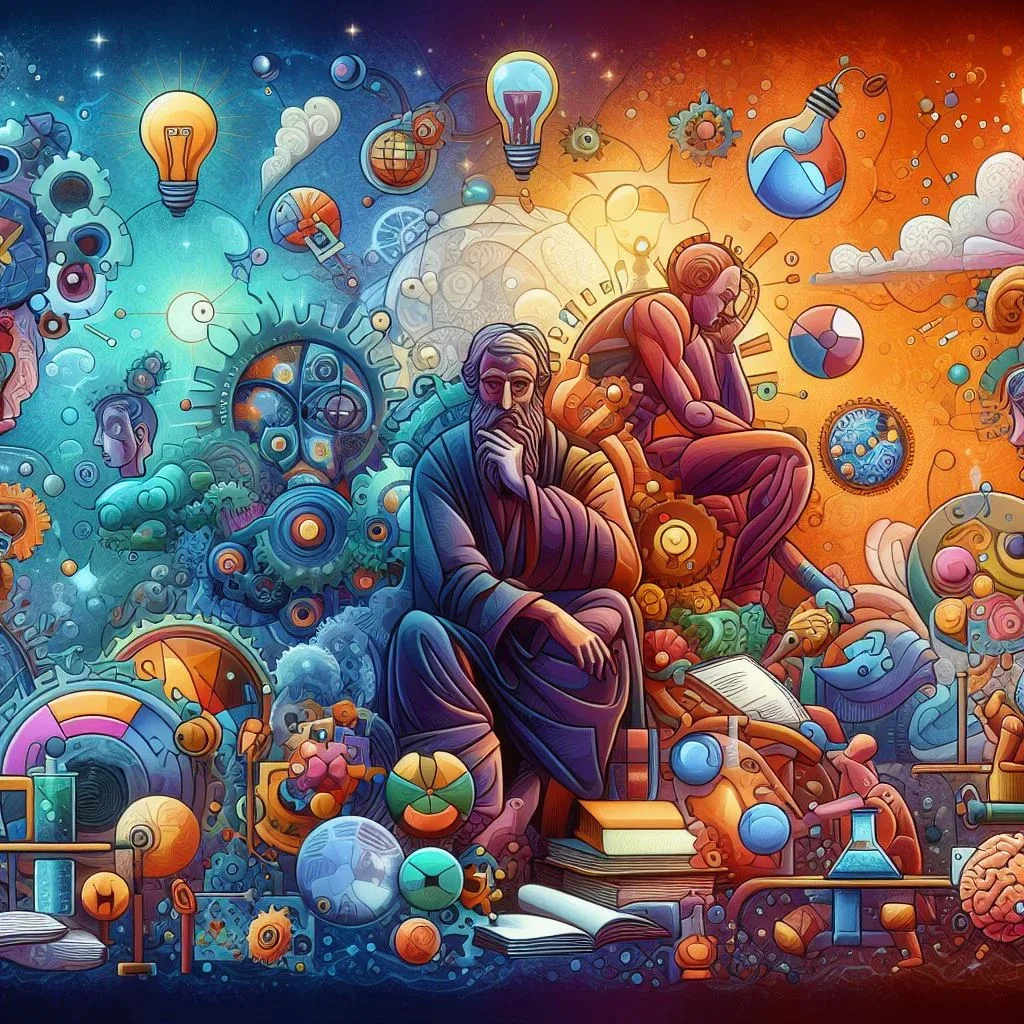
Who are the Modern Philosophers?
Modern philosophers refer to thinkers and scholars who lived from the XNUMXth century to the present day. This period encompasses a vast array of philosophical ideas and includes some of the most brilliant minds in history. Some of the most influential modern philosophers include:
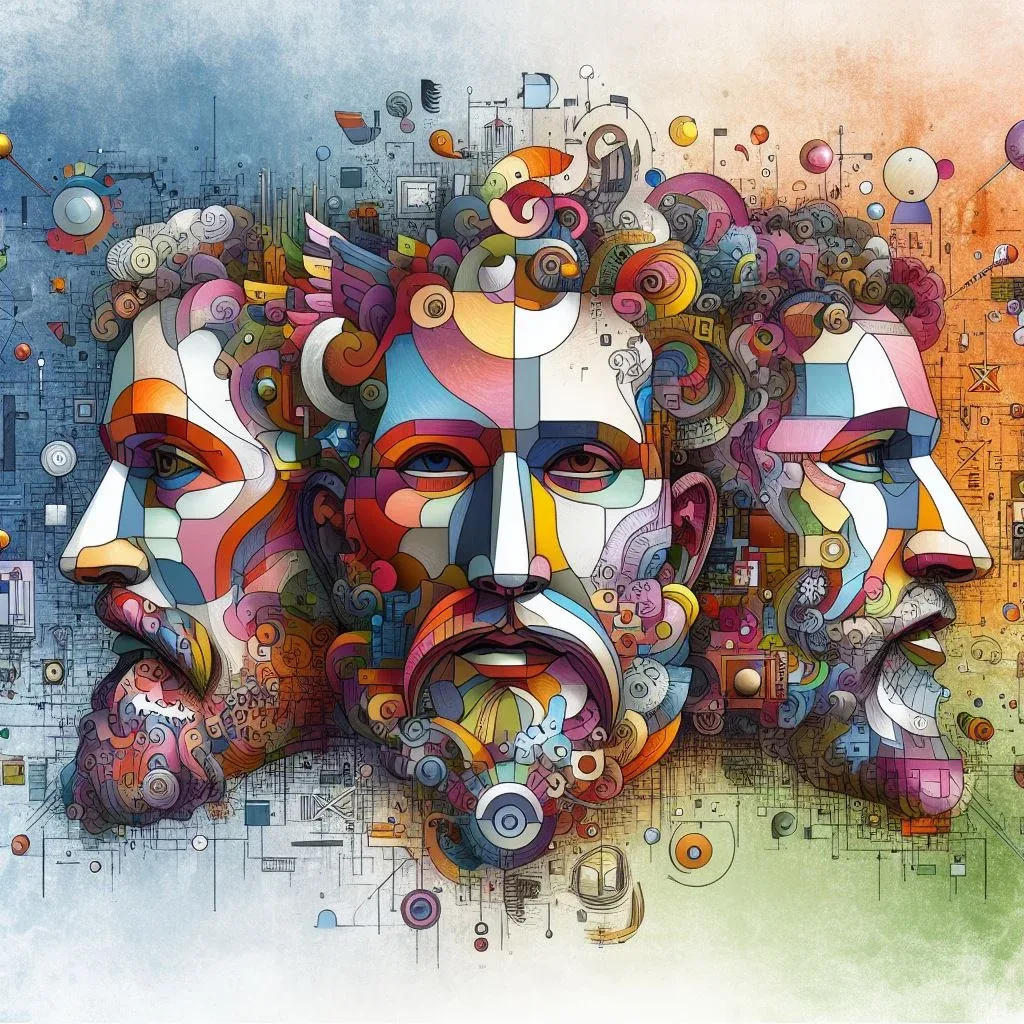
- René Descartes: One of the pioneers of rationalism, Descartes is famous for his motto “Cogito, ergo sum” (“I think, therefore I am”). He argued for the separation of mind and body and the supremacy of reason.
- Immanuel Kant: Kant is known for his work in moral philosophy and epistemology. He developed deontological ethics and the theory of transcendental knowledge.
- John Locke: A leading empiricist philosopher, Locke contributed to political theory with his idea of natural rights and the importance of the social contract.
- Jean-Jacques Rousseau: Rousseau influenced political philosophy with his ideas about the social contract and the natural equality of human beings.
- Karl Marx: Co-author of the “Communist Manifesto”, Marx is known for his theories on historical materialism and class struggle.
- Friedrich Nietzsche: Nietzsche challenged traditional morality and religion, promoting the concept of “beyond good and evil” and the “will to power.”
- Simone de Beauvoir: A central figure of existentialism, Beauvoir contributed to feminism and the philosophy of freedom.
- Albert Camus: Camus is famous for his absurdist existentialism and his reflections on the meaning of life in a seemingly meaningless world.
Key Ideas of Modern Philosophers
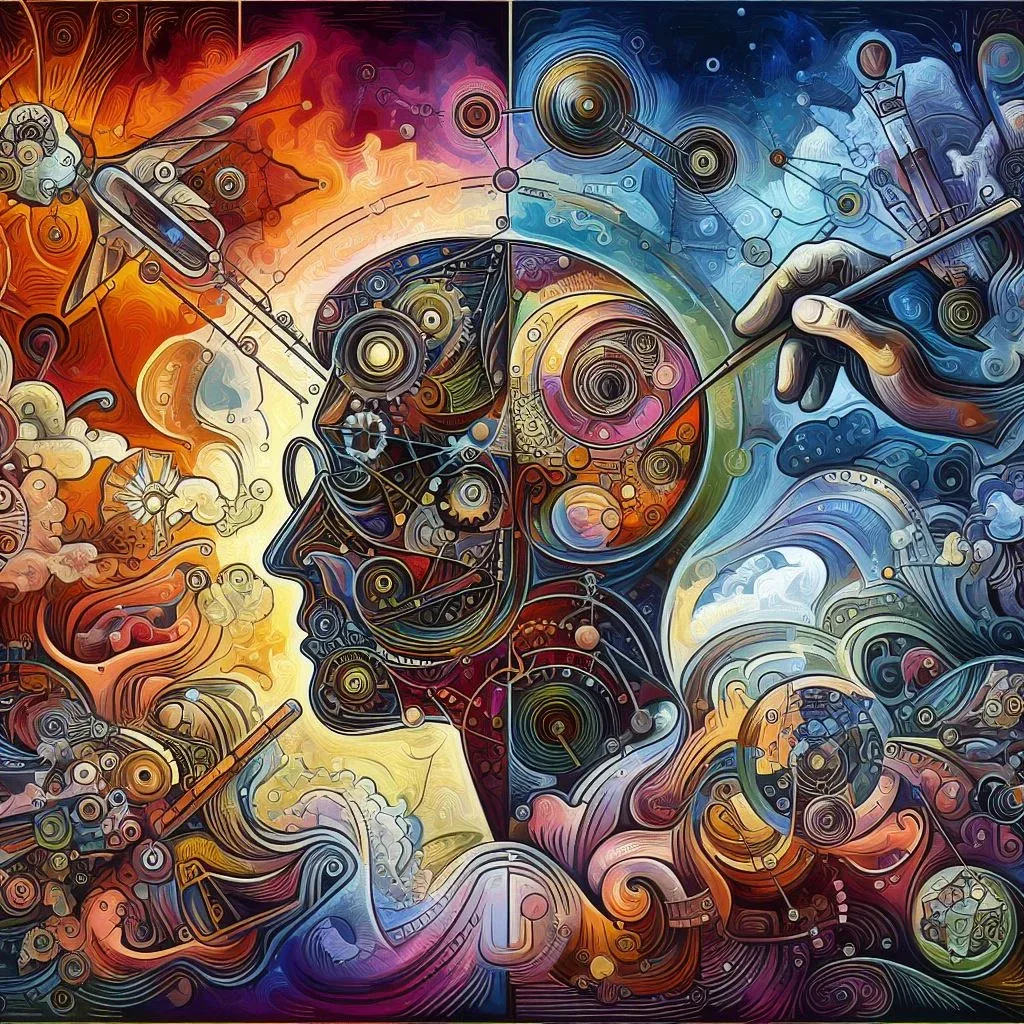
Modern philosophers have explored a wide range of topics, but some key ideas remain relevant today:
1. Rationalism and Empiricism
Descartes, Locke and other modern philosophers debated the importance of reason (rationalism) and experience (empiricism) in the formation of human knowledge.
2. Ethics and Politics
Kant, Rousseau, and Marx offered different perspectives on ethics and politics, including theories of natural rights, social contract, and social justice.
3. Existentialism
Philosophers such as Nietzsche, Camus and Beauvoir explored the meaning of human existence, freedom, responsibility and the search for meaning in an absurd world.
4. Materialism and Social Criticism
Marx made significant contributions to the critical analysis of capitalist society, introducing the concept of class struggle and the theory of historical materialism.
The Legacy of Modern Philosophers
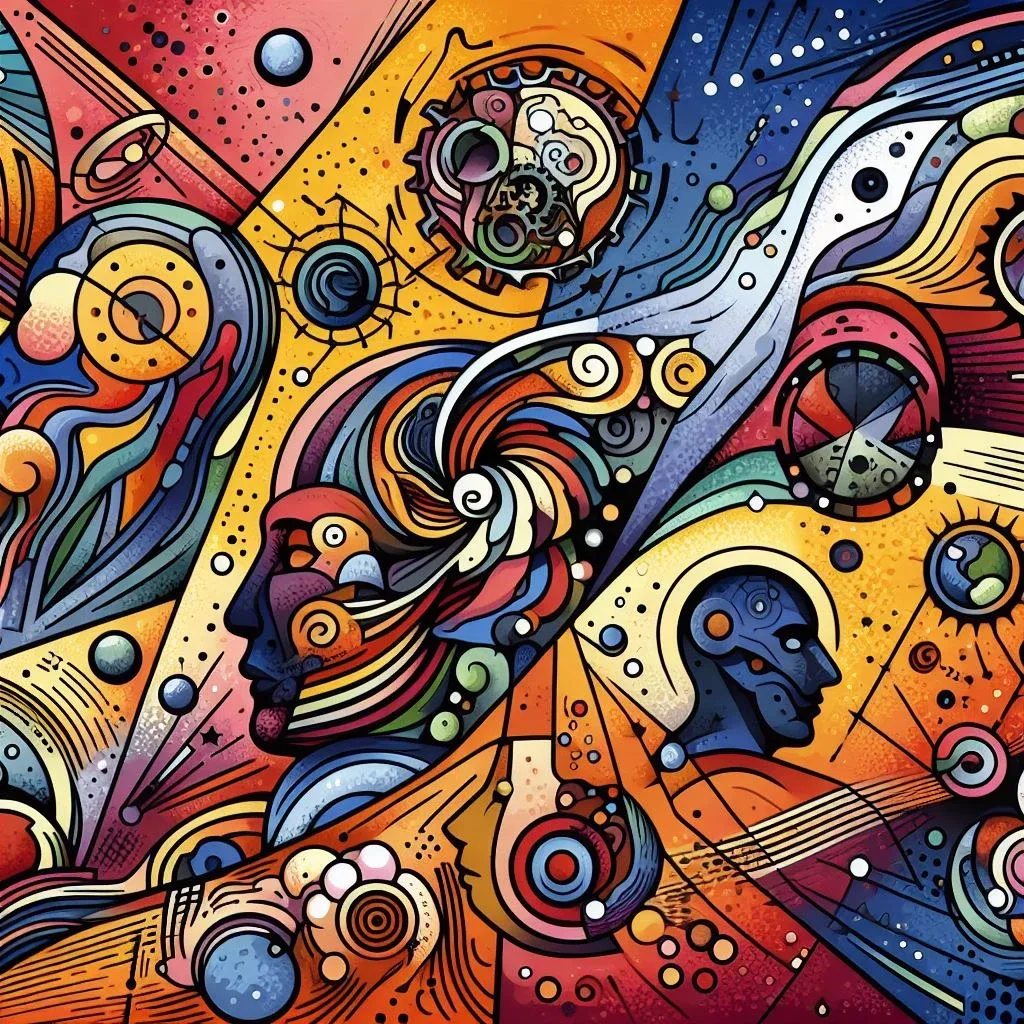
The legacy of modern philosophers is undeniable. His ideas continue to influence contemporary philosophy, social sciences, politics, and ethics. Discussions about rationalism and empiricism, individual and collective rights, freedom, equality and social justice are just a few examples of the areas in which his thought remains relevant.
Furthermore, modern philosophers have also inspired social movements, political debates, and scientific advances that have shaped our understanding of the world. His writings continue to be read, discussed and interpreted by scholars and thinkers around the world.
Conclusion
Modern philosophers played a fundamental role in the evolution of human thought and the formation of contemporary society. His ideas influenced philosophy, politics, ethics, and many other fields. By exploring his works and reflecting on his ideas, we are challenged to think critically and consider how we can apply these insights to our own lives and the world around us.
Therefore, as we examine the impact of modern philosophers, we remember that they invite us to continue to question, explore, and reflect on the world we live in and humanity's place in it.

The Stoic Guide to the Art of Living with Seneca Coffee
Discover the secret to an irredeemably good life with Seneca Cafe's guide to stoicism. Develop a mindset of acceptance, gratitude and balance.
BUY NOW
Modern Philosophers Frequently Asked Questions
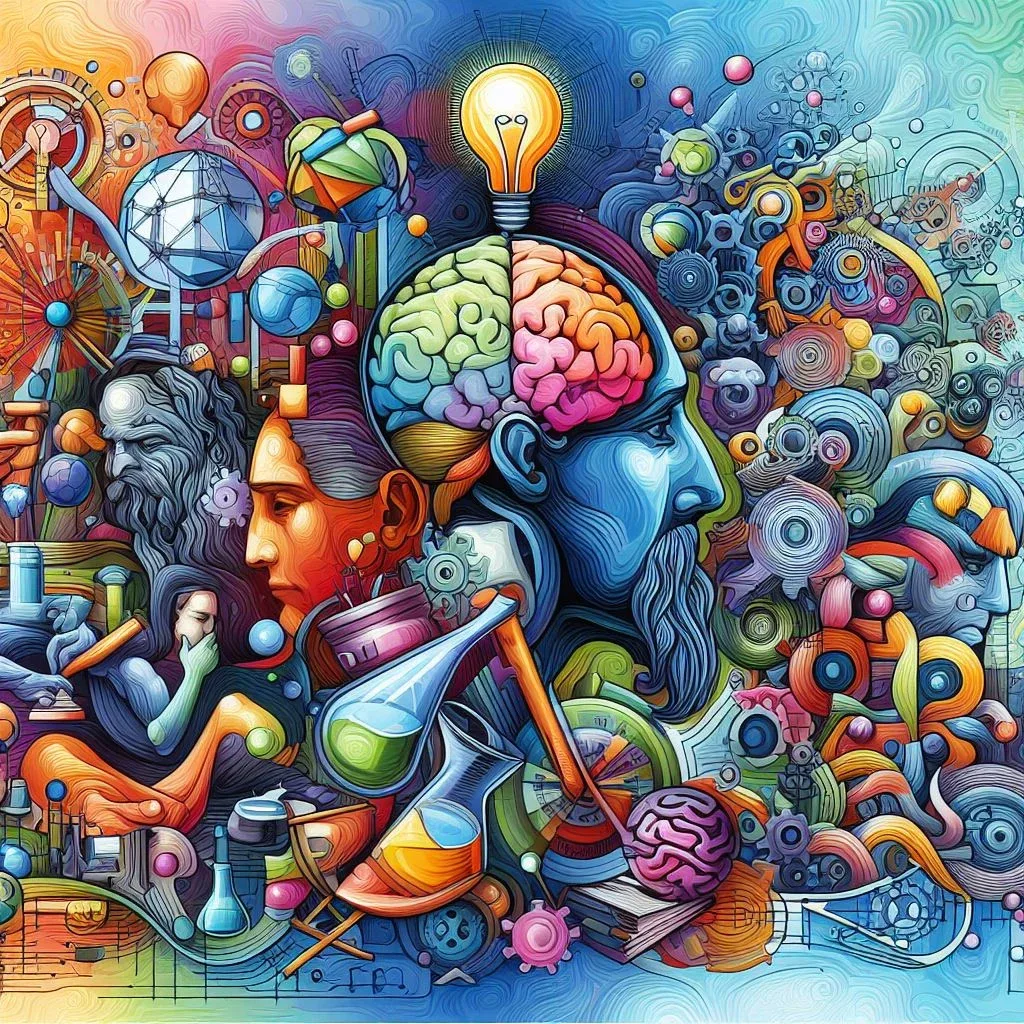
In this FAQ, we will address common questions related to modern philosophers and their contributions to contemporary thought.
1. Who are the Modern Philosophers?
Modern philosophers are thinkers and scholars who lived from the XNUMXth century to the present day. They have played a significant role in shaping contemporary thought in a variety of fields, including philosophy, politics, ethics, and social sciences.
2. What are some of the Key Ideas of Modern Philosophers?
Key ideas of modern philosophers include debates about rationalism and empiricism in the formation of knowledge, ethical and political theories such as natural rights and the social contract, discussions of existentialism and the search for meaning, as well as the critical analysis of society such as the theory of historical materialism.
3. How Did Modern Philosophers Influence Contemporary Society?
Modern philosophers have influenced contemporary society in many ways. His ideas contributed to the evolution of political, ethical and social thought, as well as to debates on fundamental issues such as freedom, equality and social justice.
4. Who are Some of the Most Notable Modern Philosophers?
Some of the most notable modern philosophers include René Descartes, Immanuel Kant, John Locke, Jean-Jacques Rousseau, Karl Marx, Friedrich Nietzsche, Simone de Beauvoir and Albert Camus, among others. Each of them made significant contributions to specific areas of philosophy and human thought.
5. How Can I Explore More About the Ideas of Modern Philosophers?
You can explore the ideas of modern philosophers by reading their works and studying the original texts. Additionally, there are many academic resources, books, and courses that cover the thinking of these philosophers in detail. Participating in discussions and study groups can also be an enriching way to understand your contributions.
6. What is the Importance of Studying Modern Philosophers?
Studying modern philosophers is important because their ideas continue to be relevant in contemporary society. His reflections on ethical, political, and existential questions challenge us to think critically and consider how we can apply these ideas in our ever-changing world.
7. Where Can I Find Additional Resources on Modern Philosophers?
You can find additional resources about modern philosophers in bookstores, libraries, and on the internet. There are plenty of books, articles, and courses available that explore the ideas and legacy of these philosophers. Additionally, participating in discussion groups and academic communities can be a great way to deepen your knowledge.
We hope these answers have clarified your doubts about modern philosophers and the importance of their thought in the contemporary world. Exploring his ideas can enrich our understanding of human thought and influence our approach to current issues.





